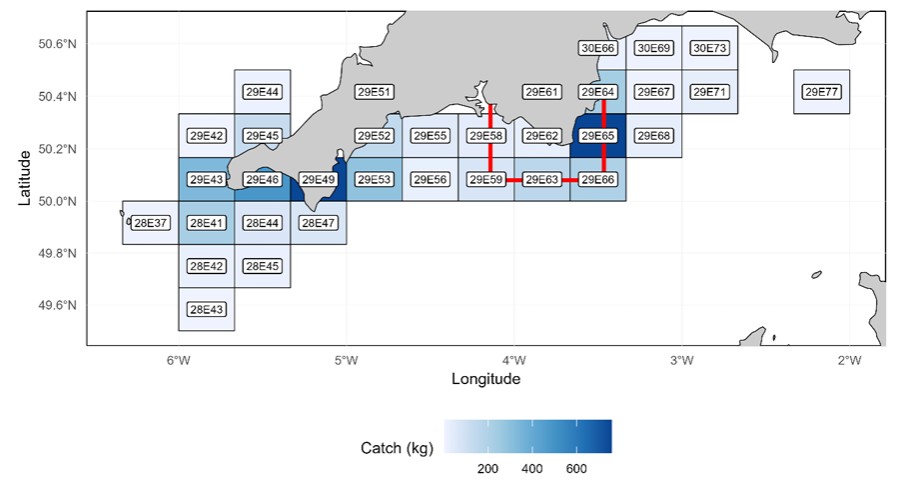This study investigates the potential of an octopus-targeted fishery in southwest England. The aim was to examine the potential viability of an octopus fishery and explore potential management measures associated with any such fishery. A combination of literature review, landings data, case studies and stakeholder consultation were undertaken to evaluate the viability of an octopus-targeted fishery. The literature review focused on understanding octopus biology, population dynamics, distribution and seasonality. Landings data, comprised of catch and effort data from mobile and static gear fishers for the last eight years (2017 to 2024), were collated and used to explore recent trends in octopus landings. Two case study octopus fisheries, the western Asturias octopus traps fishery in Spain which is MSC-certified and the Brittany octopus fishery (non-certified) in north France, were reviewed to understand the management approaches used. Stakeholder opinions were sought through interviews and a workshop that was held to validate findings and draw out recommendations. The study identifies key evidence needs, such as species identification during landing and multi-year surveys, that are essential to guide future management decisions. Joint research activities among the fishing industry, academia and fisheries managers on recruitment assessments will provide data to adapt management strategies to year-on-year changes. In conclusion, while octopus numbers have increased recently causing concerns to both mobile and static gear fishers, their abundance is not consistent enough to support a targeted fishery. This study has provided five recommendations including the need to set clear objectives and targets for a potential octopus fishery in the future in line with the UK Joint Fisheries Statement.

